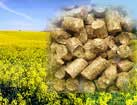
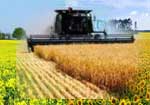
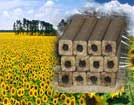

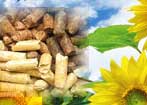
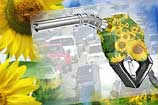

2. Pellets 8mm
3. 6-8 mm DIN+ Quality Pellets
4. We manufacture and sell fuel pellets from straw to European countries
5. Sell wood pellets
6. Wood pellet manufacturing
7. Sunflower Husk Pellets
8. Din Plus Wood Pellets
9. Export of sunflower husk pellets to the European market
10. Export of sunflower husk pellets to the European market
How to make wood charcoal
Tue-09-2014Wood charcoal
The process of making charcoal is ancient, with archaeological evidence of charcoal production going back about 30,000 years. Wood charcoal has been used since earliest times for a large range of purposes including cooking, medicine, art, metallurgy, industry etc. The raw material for wood charcoal could be wood chips, branches, saw dust, agricultural wastes etc.
Wood charcoal is mostly pure carbon, called char (the first syllable of charcoal), made by heating wood above 400° C in a low oxygen environment. The process, called pyrolysis, can take days and burns off volatile compounds such as water, methane, hydrogen, and tar. There are some methods that burn the volatile gasses to prevent them from escaping as pollution and producing surplus heat, other methods collect them for later use as biofuels.
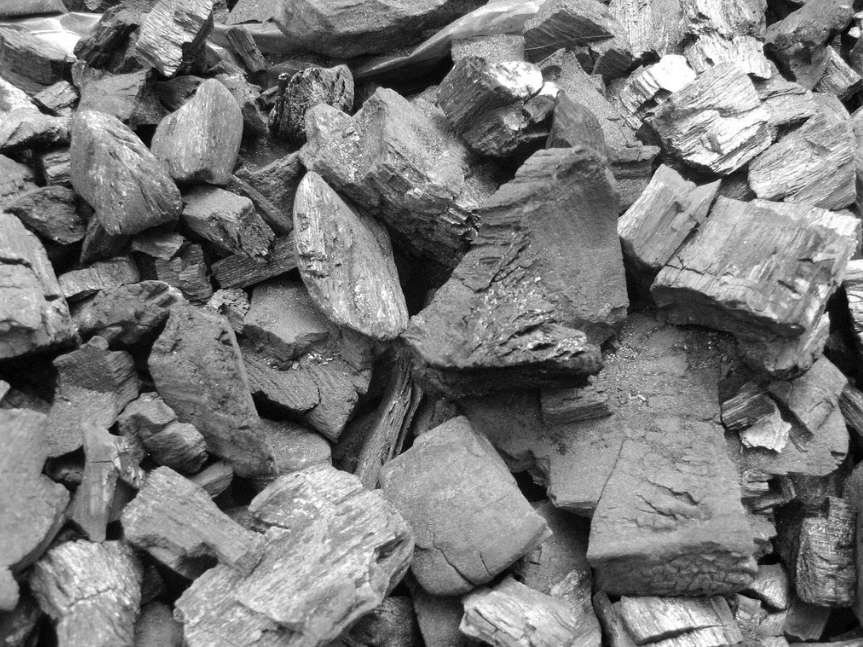
Procedure in making wood charcoal
The manufacturing of charcoal is a multi-step process that requires control of the various factors that could affect the process: the wood used, heating temperature, air availability, and time of processing. In commercial processing, the burning takes place in large concrete or steel kiln, which is almost three meters in diameter and a little over a meter in height. Once the dry wood is split into smaller pieces and stacked loosely almost to the top of the charcoal chamber, the kiln is closed and covered with an insulation layer. A small fire is started in the combustion chamber and soon the chimney begins to produce very wet, low temperature steam. The purpose of maintaining this fire is twofold, to create heat for driving out water and impurities, and to use up the oxygen coming into the kiln. Depending on the size of the wood inside, after a while the smoke changes to bluish and almost clear, what means that the water is gone and the wood should be mostly converted to charcoal. The process leaves black lumps and powder, about 25% of the original weight. It takes about 14-16 hours and produces ready-to-use lump charcoal. It should be noted that if the kiln is opened while the charcoal is still hot, it will burst into flame and all of the charcoal will turn to ash.
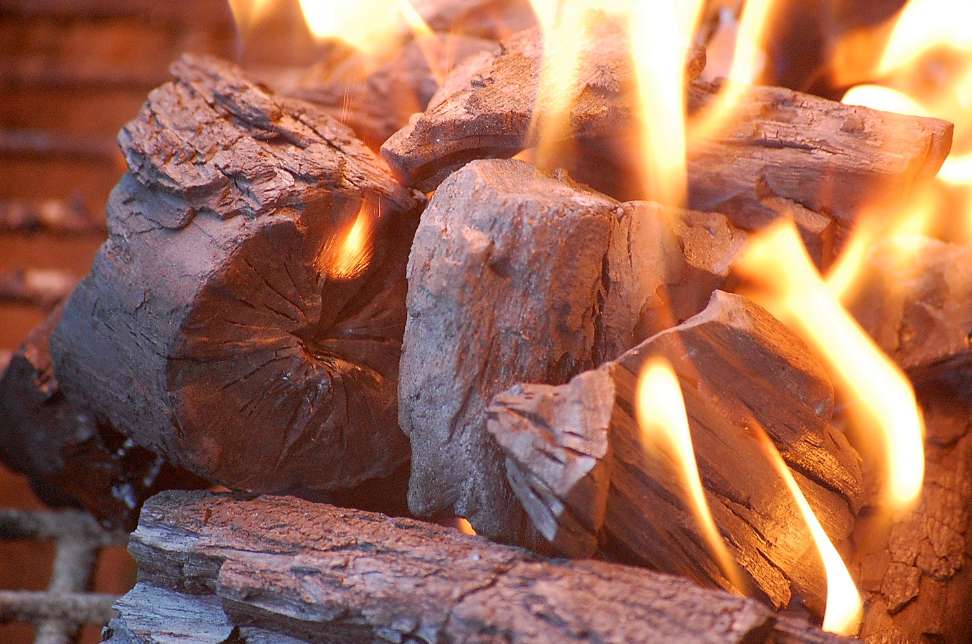
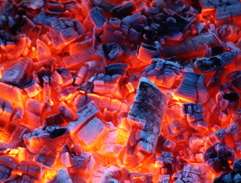
But charcoal briquettes are not pure charcoal. At the beginning of the charcoal-making process, that mountain of wood glides onto conveyer belts and enters a wood hog that feeds the retort for char. Afterward, it is dried and then packaged. The charring process occurs when the wood is burned in a furnace, creating a manageable material to form into a briquette. When the charcoal is warm and soft, it is put into a dryer set at 300 ° C. After a while the once-soft briquettes come out hard and are ready to be bagged.
Wood charcoal: black and white types
Also it should be mentioned that soft black charcoal type is the standard type of charcoal worldwide. Black charcoal or "domestic charcoal" is soft and retains the outer layer of the wood. It is also easy to ignite and burns hot enough that it was used as fuel for tea ceremony, and ordinary daily food cooking including industrial use during the former times. Standard charcoal is good and highly flammable.
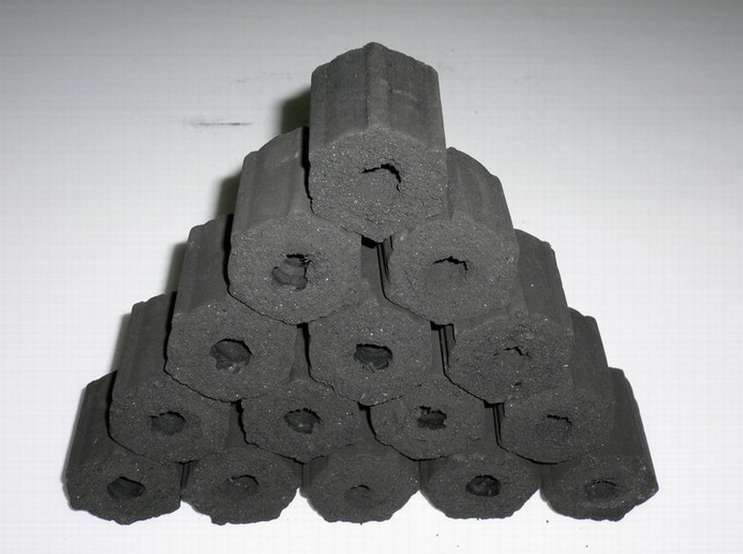
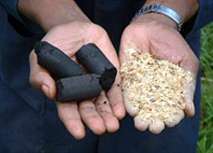
As opposite to black charcoal, white charcoal or "hard charcoal" is made by carbonizing the wood at a moderately low temperature, then, near the end of the process, the kiln temperature is raised to around 1000 °C in order to make the wood red hot. Than white charcoal must be removed from the kiln and quickly smothered with a covering of powder to cool it. The powder is a mixture of sand, earth, and ash that will give a whitish color to the surface of the charcoal. White charcoal may take some more time to ignite, but its thermal conductivity is way better than ordinary black charcoal. The flame produced by white charcoal lasts long enough to be used as fuel.
So, nowadays wood charcoal is not only fuel for cooking, but it is used in metallurgy, medicine, art, industry etc. The process of making wood charcoal is multilevel and requires control of a lot of factors, such as time, temperature, materials and air availability. Depending on these factors there are charcoal briquettes and lumps, as well as white and black charcoal. So, taking into account useful qualities of charcoal it must be said that it is going to be used much more intensively.
Author: Anna Shevchenko
Source: http://ukrfuel.com/news-how-to-make-wood-charcoal-19.html
Any copying and distributing withoutactive hyperlink is strictly prohibited!
Views: 6255
 Stobart biomass division is to make a deal
Stobart biomass division is to make a deal
Biomass Related News
- New solar panel breakthrough
- Space mission to measure biomass will give projections of climate change
- Burning wood biomass: an opportunity or a problem?
- Charcoal production methods
- Ukrainian Biofuel Portal assists in purchasing pellets manufactured in Ukraine
- Solar storage to appear in London
- Refining biomass in Italy
- Economics of charcoal production
- Physical properties of charcoal
- Ikea’s new foray to sell solar panels
|
© Ukrainian Biofuel Suppliers 2008-2024 |
